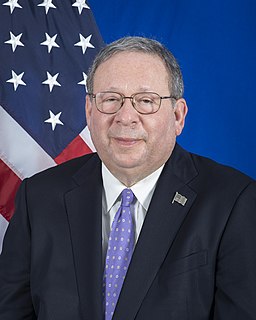A Quote by Michael Porter
In America, the problems of poverty and low income, particularly for minorities, are disproportionately focused in the inner cities. Shining a spotlight on the businesses growing in these communities is proof that any community has the potential for entrepreneurship.
Related Quotes
The War on Drugs is a war on people, but particularly it's been a war on low-income people and a war on minorities. We know in the United States of America there is no difference in drug use between black, white and Latinos. But if you're Latino in the United States of America, you're about twice as likely to be arrested for drug use than if you're white. If you're black, you are about four times as likely to be arrested if you're African American than if you are white. This drug war has done so much to destroy, undermine, sabotage families, communities, neighborhoods, cities.
The economic distress of America's inner cities may be the most pressing issue facing the nation. The lack of businesses and jobs in disadvantaged urban areas fuels not only a crushing cycle of poverty but also crippling social problems such as drug abuse and crime… A sustainable economic base can be created in the inner city, but only as it has been created elsewhere: through private, for-profit initiatives and investment based on economic self-interest and genuine competitive advantage.
All communities, and low-income communities especially because of food insecurity and lack of access to healthy foods, need more farmers markets, need more community gardens and urban farms. It would be great if people living in communities had the tools and resources to grow food in their own backyard - community-based food systems.
High-speed Internet access won't stop future superstorms and it won't solve all the unfairness that low-income New Yorkers face. But with strong alliances between community members, local nonprofits, businesses and technology experts, it will bring affordable, local innovation that helps us build stronger, fairer and more resilient communities.

































